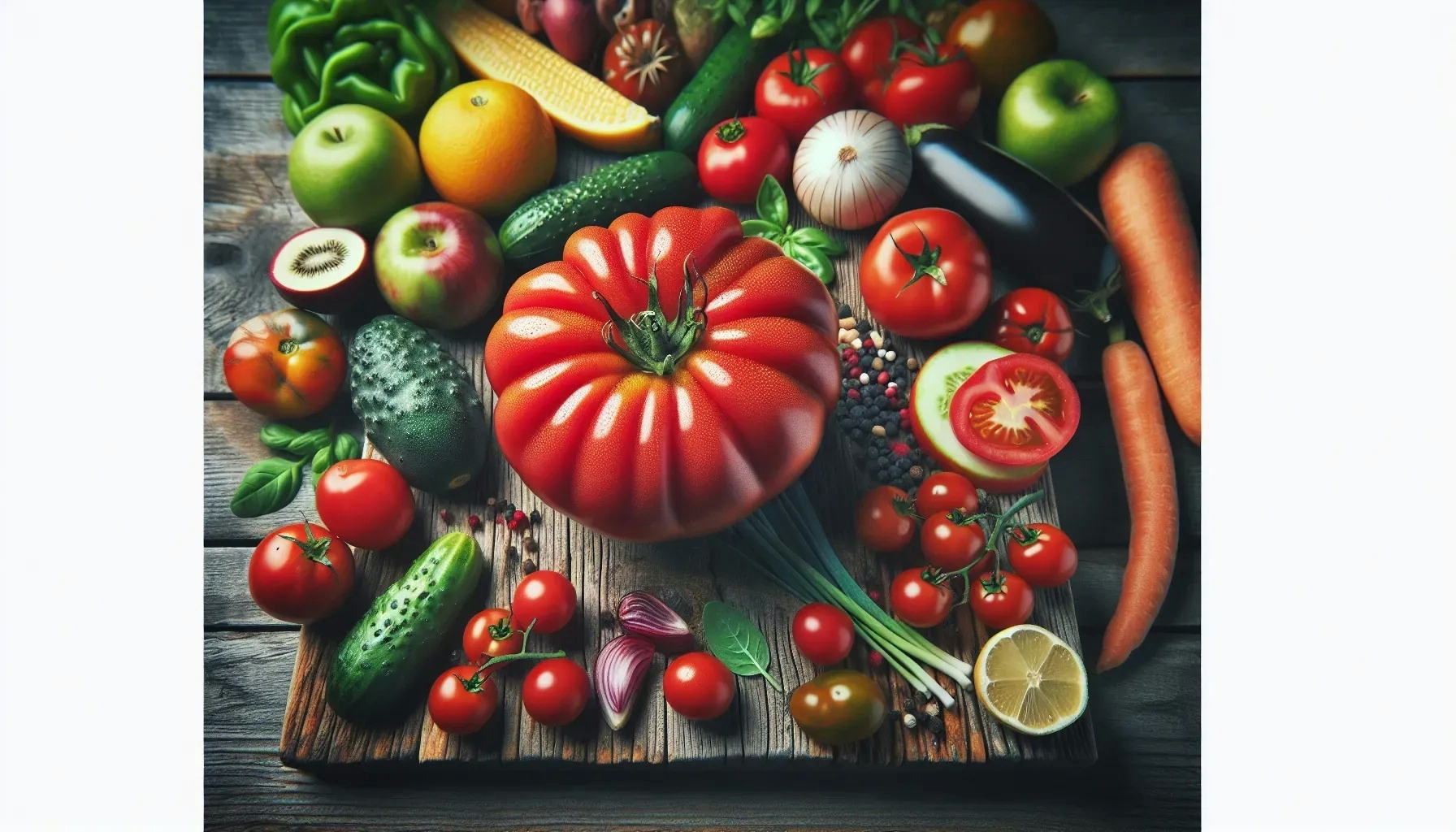Welcome to a comprehensive guide on weight loss through nutritional wisdom. This blog post aims to provide you with practical, science-backed nutrition tips to help you shed those extra pounds. We'll delve into the importance of understanding your body's needs, the role of different nutrients, and how to make smart food choices. Let's embark on this journey towards a healthier, happier you.
Understanding Your Body's Nutritional Needs
Every weight loss journey begins with understanding your body's nutritional needs. It's essential to know that each body is unique and requires a different set of nutrients to function optimally.
Your body needs a balance of proteins, carbohydrates, and fats, along with vitamins and minerals. Proteins are the building blocks of your body, helping in muscle growth and repair. Carbohydrates provide energy, while fats are necessary for hormone production and nutrient absorption. Vitamins and minerals, though required in smaller amounts, play crucial roles in various bodily functions.
Understanding your body's needs also involves recognizing your hunger and satiety cues. Eating mindfully, paying attention to your body's signals, can help prevent overeating. It's also important to note that emotional eating, where you eat to cope with stress or other emotions, can lead to weight gain. Identifying these patterns and finding healthier coping mechanisms can significantly aid your weight loss journey.
The Role of Macronutrients in Weight Loss
Macronutrients, namely proteins, carbohydrates, and fats, play a significant role in weight loss. Let's delve into how each of these macronutrients can aid your weight loss journey.
Proteins are crucial for weight loss. They help in building and repairing muscles, which in turn increases your metabolism. A higher metabolic rate means your body burns more calories, even at rest. Consuming enough protein also helps keep you satiated, reducing the likelihood of overeating.
Carbohydrates often get a bad rap when it comes to weight loss. However, not all carbs are created equal. While refined carbs like white bread and sugary snacks can lead to weight gain, complex carbs like whole grains, fruits, and vegetables are beneficial. They are high in fiber, which aids digestion and keeps you feeling full longer.
Fats, too, are essential for weight loss. Healthy fats, found in foods like avocados, nuts, and seeds, help keep you satiated and prevent overeating. They also aid in nutrient absorption, ensuring your body gets all the necessary vitamins and minerals.
Making Smart Food Choices
Making smart food choices is a key part of weight loss. This involves choosing nutrient-dense foods over calorie-dense ones. Nutrient-dense foods, like fruits, vegetables, lean proteins, and whole grains, provide more nutrients per calorie. They are also typically high in fiber, which aids digestion and keeps you feeling full.
On the other hand, calorie-dense foods, like fast food and sugary snacks, provide many calories but few nutrients. These foods can lead to weight gain and other health issues if consumed in excess.
Making smart food choices also involves understanding portion sizes. Even healthy foods can lead to weight gain if eaten in large quantities. Using smaller plates and bowls can help control portion sizes, as can paying attention to hunger and satiety cues.
The Importance of Hydration
Hydration plays a vital role in weight loss. Water aids digestion, helps maintain healthy skin, and keeps your body functioning optimally. It can also help control hunger. Sometimes, our bodies confuse thirst for hunger, leading us to eat when we're actually thirsty. Staying hydrated can help prevent this.
While the exact amount of water you need depends on various factors like age, sex, and activity level, a general guideline is to drink at least 8 glasses of water a day. You may need more if you're physically active or live in a hot climate.
The Role of Exercise in Weight Loss
While nutrition is crucial for weight loss, it's only half the equation. Regular exercise is equally important. It helps burn calories, increase metabolism, and build muscle, all of which aid weight loss.
The type of exercise you choose depends on your preferences and fitness level. Cardio exercises like running, cycling, and swimming are great for burning calories. Strength training exercises, on the other hand, help build muscle, which in turn increases your metabolism.
It's important to note that exercise should be a complement to a healthy diet, not a substitute. You can't out-exercise a bad diet. So, while regular exercise is important, make sure you're also making smart food choices.
The Importance of Consistency and Patience
Weight loss is a journey, not a destination. It requires consistency and patience. Crash diets and quick fixes may provide temporary results, but they're often unsustainable and can lead to weight regain.
Instead, focus on making small, sustainable changes to your diet and lifestyle. This could be as simple as swapping a sugary snack for a piece of fruit, or taking the stairs instead of the elevator. These small changes, when done consistently, can lead to big results.
Remember, it's okay to have off days. What matters is that you get back on track the next day. Be patient with yourself and celebrate small victories along the way.
Wrapping Up: Nutritional Wisdom for Weight Loss
Weight loss is a complex process that requires a balance of proper nutrition, regular exercise, and a healthy mindset. Understanding your body's nutritional needs, making smart food choices, staying hydrated, and being consistent can go a long way in aiding your weight loss journey. Remember, it's not about perfection, but progress. Here's to a healthier, happier you!

